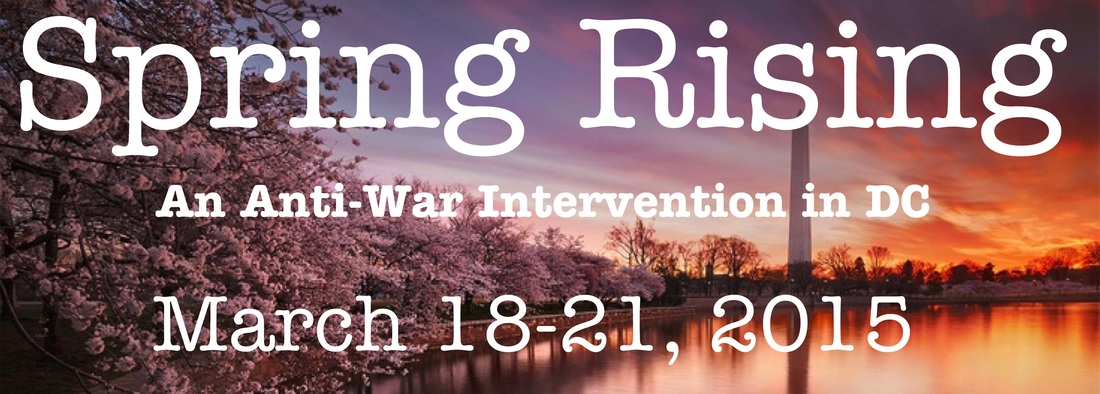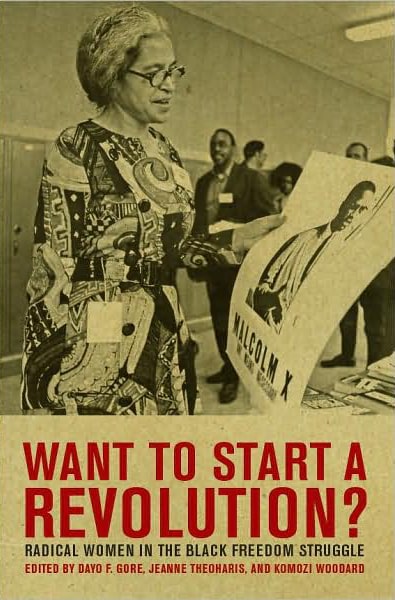Out Of The Hills And
Hollows- With The Bluegrass Band The Lally
Brothers In Mind
From The Pen Of Frank Jackman
You know sometimes what goes around
comes around as the old-time expression had it. Take for example Sam Lowell’s
youthful interest in folk music back in the early 1960s when it crashed out of
exotic haunts like Harvard Square, Ann Arbor, Old Town Chi Town and North
Beach/Berkeley out in Frisco and ran into a lot of kids, a lot of kids like
Sam, who were looking for something different, something that they were not
sure of but that smelled, tasted, felt, looked like difference from a kind of
one-size-fits-all vanilla existence. Oh sure, every generation in their youth
since the days when you could draw a distinction between youth and adulthood
and have it count has tried to draw its own symbolic beat but this was
different, this involved a big mix of things all jumbled together, political,
social, economic, cultural, the whole bag of societal distinctions which would
not be settled until the end of the decade, maybe the first part of the next.
But what Sam was interested then down there in Carver about thirty miles south
of Boston was the music, his interest in the other trends did not come until
later, much later long after the whole thing had ebbed.
The way Sam told it one night at his
bi-weekly book club where the topic selected for that meeting had been the
musical influences, if any, that defined one’s tastes and he had volunteered to
speak since he had just read a book, The
Mountain View, about the central place of mountain music, for lack of a
better term, in the American songbook was that he had been looking for roots as
a kid. Musical roots which were a very big concern for a part of his
generation, a generation that was looking for roots, for rootedness not just in
music but in literature, art, and even in the family tree. Their parents’
generation no matter how long it had been since the first family immigration
wave was in the red scare Cold War post-World War II period very consciously
ignoring every trace of roots in order to be fully vanilla Americanized. So his
generation had to pick up the pieces not only of that very shaky family tree
but everything else that had been downplayed during that period.
Since Sam had tired of the lazy hazy
rock and roll that was being produced and which the local rock radio stations
were force- feeding him and others like him looking to break out through their
beloved transistor radios he started looking elsewhere on the tiny dial for
something different. And like a lot of young people, as he would find out later
when he would meet kindred in Harvard Square, the Village, Ann Arbor, Berkeley
he had been looking for that something different at just that moment when
something called folk music, roots music, actually was being played on select
stations for short periods of time each week.
His lucky station had been a small
station, an AM station, from Providence in Rhode Island which he would find out
later had put the program on Monday nights from eight to eleven at the request
of Brown and URI students who had picked up the folk music bug on trips to the
Village (Monday a dead music night in advertising circles then, maybe now too,
thus fine for talk shows, community service programs and odd-ball stuff like
roots music.) That is where he first heard the likes of Bob Dylan, Joan Baez,
Tom Paxton, Dave Von Ronk, a guy named Tom Rush from Harvard whom he would hear
in person many times over the years, and another guy, Eric Von Schmidt whom he
would meet later in one of the Harvard Square coffeehouses that were
proliferating to feed the demand to hear folk music, well, cheaply alone or on
a date (basically as he related to his listeners for a couple of bucks at most
admission, the price of a cup of coffee to keep in front of you and thus your
place, maybe a pastry if alone and just double that up for a date except share
the pasty you had your date deal all set for the evening hearing performers
perfecting their acts before hitting the A-list clubs).
He listened to it all, liked some of
it, other stuff, the more protest stuff he could take or leave depending on the
performer but what drew his attention, strangely then was when somebody on
radio or on stage performed mountain music, you know, the music of the hills
and hollows that came out of Appalachia mainly down among the dust and weeds.
Things like Bury Me Under The Weeping
Willow, Gold Watch and Chain, Fair and Tender Ladies, Pretty Saro, and lots
of instrumentals by guys like Buell Kazee, Hobart Smith, The Charles River
Boys, and some bluegrass bands as well that had now escaped his memory.
This is where it all got jumbled up
for him Sam said since he was strictly a city boy, made private fun of the farm
boys, the cranberry boggers, who then made up a significant part of his high
school and had no interest in stuff like the Grand Ole Opry and that kind of
thing, none. Still he always wondered about the source, about why he felt some
kinship with the music of the Saturday night red barn, probably broken down,
certainly in need of paint, and thus available for the dance complete with the
full complement of guitars, fiddles, bass, mandolin and full complement of
Jimmy Joe’s just made white lightening, playing plainsong for the folk down in
the wind-swept hills and hollows.
As Sam warmed up to his subject he
told his audience two things that might help explain his interest when he
started to delve into the reasons why fifty years later the sound of that
finely-tuned fiddle still beckons him home. The first was that when he began
his freshman year at Boston University he befriended a guy, Everett Lally, the
first day of orientation since he seemed to be a little uncomfortable with what
was going on. See Everett was from a small town outside of Wheeling, West
Virginia and this Boston trip was only the second time, the first time being
when he came up for an interview, he had been to a city larger than Wheeling.
So they became friends, not close, not roommate type friends, but they had some
shared classes and lived in the same dorm on Bay State Road.
One night they had been studying together
for an Western History exam and Everett asked Sam whether he knew anything
about bluegrass music, about mountain music (Sam’s term for it Everett was Bill
Monroe-like committed to call it bluegrass). Sam said sure, and ran off the
litany of his experiences at Harvard Square, the Village, listening on the
radio. Everett, still a little shy, asked if Sam had ever heard of the Lally
Brothers and of course Sam said yes, that he had heard them on the radio
playing the Orange Blossom Express, Rocky Mountain Shakedown as well as
their classic instrumentation version of The
Hills of Home. Everett perked up and
admitted that he was one of the Lally Brothers, the mandolin player. Sam was
flabbergasted. After he got over his shock Everett told him that his brothers
were coming up to play at the New England Bluegrass Festival to be held at
Brandeis on the first weekend of October.
Everett invited Sam as his guest. He
accepted and when the event occurred he was not disappointed as the Lally
Brothers brought the house down. For the rest of that school year Sam and
Everett on occasion hung out together in Harvard Square and other haunts where folk
music was played since Everett was interested in hearing other kinds of songs
in the genre. After freshman year Everett did not return to BU, said his brothers
needed him on the road while people were paying to hear their stuff and that he
could finish school later when things died down and they lost touch but Sam
always considered that experience especially having access to Everett’s huge
mountain music record collection as the lynchpin to his interest.
But there is something deeper at play
in the Sam mountain music story as he also told the gathering that night. It
was in his genes, his DNA he said. This was something that he had only found
out a few years before. On his father’s side, his grandfather, Homer, whom he
had never met since after his wife, Sam’s grandmother, Sara died he had left
his family, all grown in any case, without leaving a forwarding address, had
actually been born and lived his childhood down in Prestonsburg, Kentucky, down
near the fabled Hazard of song and labor legend before moving to the North
after World War I. Here is the funny part though when his father and mother
Laura were young after World War II and at wits end about where his grandfather
might be they travelled down to Prestonsburg in search of him. While they stayed
there for a few months looking Sam had been conceived although they left after
getting no results on their search, money was getting low, and there were no
father jobs around so he had been born in the South Shore Hospital in
Massachusetts. So yes, that mountain music just did not happen one fine night
but was etched in his body, the whirlwind sounds on Saturday night down amount
the hills and hollows with that sad fiddle playing one last waltz to end the
evening.














